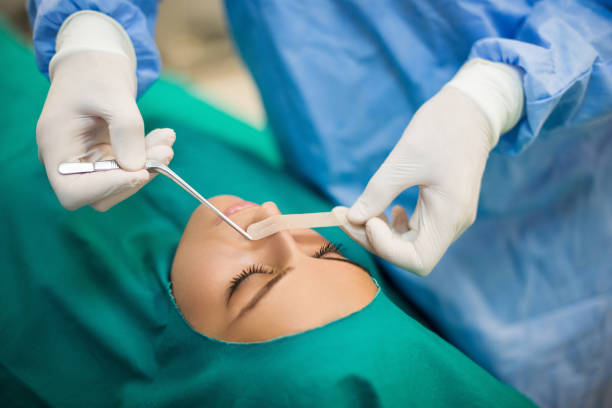You may be contemplating undergoing dental implant treatment and Tooth Bonding the Woodlands Tx to know, “are dental implants safe”? Even though the treatment has been shown to be highly predictable with success rates in the region of 95%, the question are dental implants safe can be looked into in more detail. What materials are implants made from and how do they behave in our mouths after being implanted into the jaw bone?
Most implants used in dentistry today are made of commercially pure titanium or titanium alloys. Zirconia variants do exist however their use in dentistry is less common.
Why are dental implants used?
Dental implants are used to replace missing or damaged natural teeth. The implant replaces a natural tooth root and is able to help support, crowns, bridges or stabilize removable dentures. The benefit of having dental implants is that once completed, the new teeth feel and look just like natural teeth. The actual surgery can be carried out under local anaesthetic or IV sedation (for anxious patients). The implant is then left in the jawbone for about 4-6 months while healing takes place. This fusion between the bone tissue and the titanium is known as osseo-integration. The new teeth are custom designed and shaded to aesthetically suit each patient’s requests and dental needs.
Unlike crowns and bridges dental implants do not damage adjacent teeth during preparation of fixed bridgework. Dental implants also prevent further bone loss which happens after losing natural teeth. If properly maintained implants can last up to 15-20 years. It was initially thought that bone would shrink about 0.5mm-1mm around implants per year however newer designs are kinder to surrounding bone and are showing very little bone loss at all.
What about allergies to metals? Are dental implants safe?
Titanium is the most commonly used material. Although other metals have the Cosmetic dentist the woodlands tx to corrode and release harmful ions which could induce allergic responses, titanium is known for its exceptional resistance to corrosion and high biocompatibility in the mouth. In studies carried out on orthopaedic titanium implants symptoms from titanium allergies led to skin rashes and even implant failure. The incidence of allergic reactions to titanium has not been well documented and is extremely rare. According to the MELISA foundation, titanium allergy is barely recognized in mainstream medicine – yet laboratories using the MELISA® technology have reported that about 4% of all patients tested will be allergic to it.
It is very possible that zirconia may become a more popular choice of implant material in future. The material has been used in other areas of the body with promising results however its use is still limited and further studies are being carried out. For further information about zirconia see Ceraroot Zirconia.



